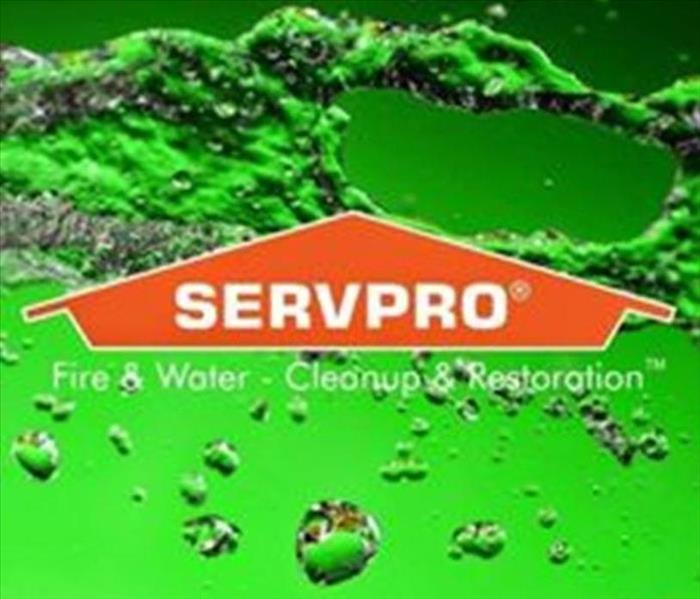WINTER WATER DAMAGE TIPS!
1/24/2017 (Permalink)
WINTER WATER DAMAGE TIPS!
New England winters can be harsh. We witnessed this first hand in 2015 where record cold and snowfall pummeled the majority of the Upper Valley. You know it was a tough winter when “ice dams” and “frozen pipes” become a mainstream topic of discussion around the office water cooler. Nevertheless, we hardy New Englanders persevere despite the winter circumstances. With that said, we also think it wise to be a little more prepared for what may lay ahead.
Winter water damage and insurance claims go hand-in-hand. According to the Insurance Information Institute winter storms in the United States caused $1.9 billion in insurance losses in 2013. In 2014, the number expanded to $2.3 billion, and even higher in 2015. What does this mean for residents in New England? Harsh storms and winter water damage are not going away. Below are a few tips to help prevent and deal with property damages during the coldest season of the year.
Prevent Water Damage from Frozen Pipes
- Know where your water main shut off valve is
- Properly insulate pipes that have exposure to cold environments in your home, such as crawl space
- Maintain adequate interior temperatures in the property. Many sources recommend a minimum of 55-65 degrees. Remember pipes running in an exterior wall will have even a colder environment.
- Open cabinet doors under sinks to allow for heat to circulate underneath.
- During extreme cold, open faucet slightly to allow for a slow drip.
Inhibit Water Damage from Ice Dams
- Maintain clean gutters. Clogged gutters are more susceptible for ice accumulation that may creep up to the roof shingles.
- Safely and carefully clear snow from roof when possible with a snow rake and extension pole.
- Safely and carefully creat channels in exsisting ice dams for snow melt to run off.
- Have a professional energy audit of your home. This will help determine where the excessive heat loss is occurring. The heat loss is one of the primary factors causing the ice dams.
To learn more about what to do until SERVPRO of Lebanon/Hanover/Littleton help arrives click here
#SERVPROofLebanon/Hanover/Littleton #SERVPRO603 #HereToHelp






 24/7 Emergency Service
24/7 Emergency Service
